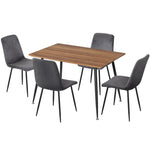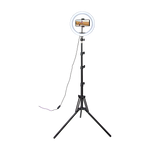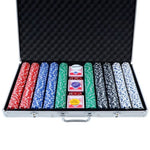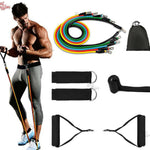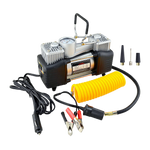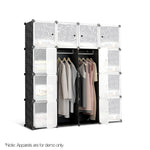You have no items in your shopping cart.

If you're planning a camping trip, one of the most important pieces of gear you'll need is a good tent. A tent is your home away from home, providing shelter from the elements and a comfortable place to sleep. With so many different types of tents available, it can be overwhelming to choose the right one. In this blog post, we'll cover the basics of buying a camping tent to help you make an informed decision.
Size: The size of the tent is determined by the number of people who will be sleeping in it. Tent sizes are typically categorized as 1-person, 2-person, 3-person, and so on. Keep in mind that the capacity rating assumes everyone will be sleeping close together without much gear. If you prefer more space or will have a lot of gear, consider sizing up.
Season: Three-season tents are the most versatile and suitable for most camping situations. They're designed to handle mild to moderate weather conditions, including rain and wind. Four-season tents are designed for extreme weather conditions, including heavy snow and strong winds. They have thicker materials, stronger poles, and more ventilation.
Material: The material of the tent affects its durability, weight, and weather resistance. Nylon and polyester are the most common tent materials. Nylon is lightweight and strong, while polyester is more durable and resistant to UV radiation. Look for a tent with a high denier count (the thickness of the fabric), as it will be more durable.
Shape: The shape of the tent affects its interior space, stability, and ease of setup. Dome tents are the most popular because they offer a good balance of space, stability, and ease of setup. Cabin tents have vertical walls and higher ceilings, providing more headroom and living space. Tunnel tents are long and narrow, ideal for backpackers and hikers who need lightweight and compact gear.
Features: Look for additional features that enhance the comfort and convenience of the tent. Vestibules provide extra storage space and shelter from the rain. Mesh windows and vents provide ventilation and reduce condensation. Some tents have built-in lighting, power ports, and gear lofts.
Setup: Consider the ease of setting up the tent. Look for a tent with color-coded poles and clips or a freestanding design that doesn't require staking. Some tents have pre-attached poles that make setup a breeze.
Weight: The weight of the tent affects its portability and ease of transport. Backpackers and hikers prefer lightweight tents that are easy to pack and carry. Car campers can opt for larger and heavier tents that provide more space and comfort.
By considering these factors, you can choose a camping tent that meets your specific needs and provides a comfortable and enjoyable camping experience.
Weisshorn Family Camping Tent 4 Person Hiking Beach Tents


